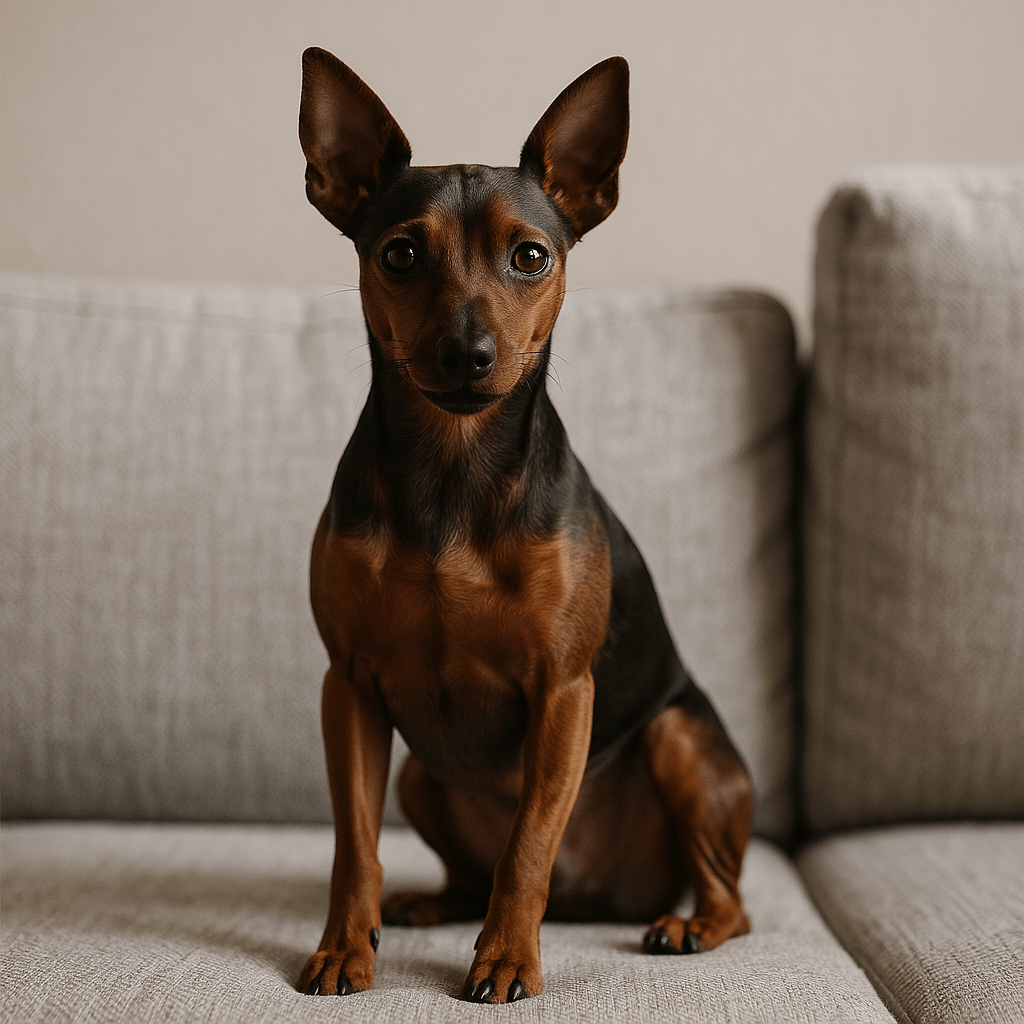
Miniature Pinscher – a small dog with a great temperament
📜 Origin and History of the Breed
The Miniature Pinscher, also known as the German Pinscher, has roots dating back to 19th-century Germany. Its ancestor was the German Pinscher, a working dog with a strong hunting instinct, primarily used to exterminate rats and other rodents in stables, farms, and warehouses. Selective breeding of the smallest specimens led to the development of the miniature version – a fast, agile, and alert guard dog that also made a great companion.
Although small in size, the Miniature Pinscher retains many of the traits of its larger cousin—courage, independence, and high intelligence. Its distinctive appearance—resembling a miniature Doberman Pinscher—quickly gained it popularity not only as a working dog but also as a decorative and companion dog.
The first official mentions of this breed appeared in the late 19th century, and in 1900, the Miniature Pinscher made its debut at a kennel club in Stuttgart. In 1929, the Miniature Pinscher Club of America was founded, and in 1936, the breed was officially recognized by the American Kennel Club. Over the years, it has become one of the most recognizable small dog breeds in Europe and the United States.
The modern Miniature Pinscher is not only an elegant and temperamental dog, but also a living legacy of an ancient working dog that combines independence, intelligence and affection for its humans.

🧠 Character and Temperament
The Miniature Pinscher is a dog with an exceptionally lively temperament and a vibrant personality. Despite its small size, it possesses courage, alertness, and self-confidence. It's full of energy, incredibly active, inquisitive, and ready for action at any time of day. It's not without reason that it's said to possess the soul of a large dog in a small body.
This dog is very loyal and devoted to its owner – it often chooses one person as "its own," but it can also be sociable with the entire family. It loves closeness, contact, and commitment – but it doesn't handle loneliness or lack of attention well. It can be aloof or barking with strangers, making it an effective, albeit small, guard dog.
Due to their intelligence, quick wit, and temperament, the Miniature Pinscher requires a consistent but gentle training approach. Training should be based on positive reinforcement, varied exercises, and play. Overly harsh or monotonous methods can discourage them or provoke rebellious behavior.
This dog can be possessive and dominant towards other dogs, so early socialization is crucial. They may try to control their surroundings, so they thrive with a caregiver who can set clear boundaries.
At home, he excels as a vigilant observer, and on walks, he surprises with his courage and agility. Despite his size, he can even thrive in dog sports like obedience or dog dancing, provided he has the right motivation and rapport with his handler.
In short, this is a dog for active, patient people who are aware of the breed's needs. In return for attention and consistency, the Miniature Pinscher rewards them with immense loyalty, devotion, and a generous helping of canine charm every day.
📏 Size and Appearance
The Miniature Pinscher is a small yet remarkably proportioned dog with an elegant, compact, and muscular build. Its physique demonstrates both strength and agility, allowing it to move with grace and confidence despite its small size.
- Height at the withers : 25–30 cm (both dogs and bitches)
- Weight : 4–6 kg
- Silhouette : compact, square - body length equals height at the withers
- Back : straight, strong, with a well-defined lumbar edge
- Head : dry, elongated with a distinct stop and a strong muzzle
- Ears : Set high, V-shaped, naturally bent forward; in some countries, individuals with cropped (pricked) ears can be found.
- Eyes : medium-sized, oval, dark, with a sharp and alert expression
- Limbs : straight, well-muscled, parallel – ensuring springy and energetic movement
- Coat : very short, hard, dense and close-fitting – no undercoat
- Colour : most often black with distinct tan markings around the muzzle, eyebrows, chest and limbs; uniform red colour is also acceptable - from deer red to dark red

The Miniature Pinscher resembles a miniature Doberman, but without the dwarfism. Its appearance combines elegance, distinctiveness, and functionality. It is built like a working dog – agile, strong, and always ready for action.
🩺 Health and Most Common Problems
Miniature Pinschers are generally a healthy and long-lived breed, with many individuals living to 15 years or more. Their hardiness and longevity, however, do not exempt owners from the responsibility of regularly monitoring their pet's health. Due to their size and build, the Miniature Pinscher may be susceptible to several specific health issues:
- Patellar luxation (luxatio patellae) is a common condition in small breeds, presenting with lameness and mobility problems. In more severe cases, it may require surgical treatment.
- Eye problems – such as cataracts, progressive retinal atrophy (PRA), or corneal dystrophy. Symptoms include clouding of the lens, decreased vision, and unsteadiness in the dark.
- Heart disease – the most common are aortic stenosis and mitral regurgitation. Symptoms may include coughing, exercise intolerance, and decreased activity.
- Dental problems – tartar buildup and gingivitis are common problems in small dogs. Poor oral hygiene can lead to serious periodontal disease.
- Skin and food allergies – may manifest as itching, licking of paws, redness of the skin and digestive problems.
🩺 Prevention and health care
To ensure your Miniature Pinscher lives a healthy and comfortable life, it is recommended to:
- regular check-ups with a veterinarian (at least once a year);
- preventive vaccinations according to the schedule;
- preventive examinations (morphology, biochemistry, heart ultrasound after the age of 7);
- taking care of your teeth (brushing your teeth daily or at least using dental chews);
- a healthy diet – preferably grain-free, well-balanced to meet the needs of small breeds;
- Maintaining a healthy body weight – Pinschers gain weight easily, which can worsen orthopedic problems.
Regular visits to the vet, a proper diet and physical activity help keep your dog in good condition for many years.
🛁 Care
The Miniature Pinscher is relatively easy to care for, making it an excellent choice for those seeking a low-maintenance dog. Its short, smooth coat, without an undercoat, is tangle-free and requires no trimming. However, despite its minimal requirements, regular grooming is essential to keeping the dog in good physical and aesthetic condition.
- Brushing : Simply use a soft brush or rubber glove once a week to remove dead hair, stimulate circulation and add shine to the coat.
- Baths : Not required frequently – usually every 2–3 months or as needed. Use a gentle shampoo suitable for your dog's sensitive skin.
- Ear and eye cleaning : Regular checkups (weekly) will help prevent inflammation. Use ear and eye hygiene products specifically designed for dogs.
- Nails : Nails should be trimmed every 3-4 weeks, especially if your dog does not wear them down naturally on hard surfaces.
- Teeth : Due to the tendency to periodontal disease, it is worth brushing your dog's teeth daily with a special toothpaste or giving them dental chews.
Miniature Pinschers lack an undercoat, which means they are more susceptible to hypothermia in the fall and winter. On cold days, it's essential to wear protective clothing (e.g., insulated jackets or sweaters), especially during longer walks.
In addition to basic treatments, it is also worth taking your dog to a dog groomer from time to time – not so much for a haircut, but for complete skin, ear and claw care.
Maintaining hygiene is not only a matter of aesthetics – it is also a way to quickly detect disturbing symptoms (e.g. lumps, redness, inflammation) that may require consultation with a veterinarian.
🏡 Miniature Pinscher in the Family
The Miniature Pinscher is an excellent companion for families who appreciate its temperament, loyalty, and need for close human contact. Although small, it has a huge heart and strong emotional bonds with its family. It loves being the center of attention – this is a dog that will follow you around the house, sleep at your feet, and actively participate in daily life.
He thrives in families with children, especially if the children are taught to be gentle and respect the dog's space. His energetic nature makes him an excellent playmate, but owners should always supervise interactions with young children to avoid misunderstandings resulting from differences in communication.
He can be distrustful of strangers, even barking – a result of his alertness and guarding instincts. However, with proper socialization, he can behave politely and with class. He can get along well with other animals, provided he has the opportunity to establish positive relationships with dogs and cats from a young age.
This dog enjoys activity, but also enjoys relaxing alongside its humans. It dislikes boredom and loneliness—left alone, it can become anxious or destructive. Therefore, it thrives in families that provide it with daily walks, playtime, interaction, and affection.
They don't need a lot of space—they'll even thrive in a small apartment, as long as they're provided with intellectual and emotional challenges. Regular walks, educational toys, contact with other dogs, and the presence of a caregiver are the keys to a happy Miniature Pinscher at home.
❓ Frequently asked questions (FAQ)
Is a Miniature Pinscher suitable for apartment living?
Yes – this is an ideal dog for apartment life, as long as you provide it with a daily dose of exercise and mental activities.
Is the Miniature Pinscher suitable for beginner owners?
Yes, but it requires consistency. His temperament and independence can be challenging, so it's worth participating in basic obedience classes.
Are Miniature Pinschers barking?
Yes, they have a strong alertness instinct and often bark to warn. Proper training and socialization can help reduce excessive barking.
Do they get along well with children and other animals?
With children, yes, as long as they are taught mutual respect. With other dogs, they can be dominant – early socialization is key.
How long does a Miniature Pinscher live?
The average lifespan is 13–15 years, but with good care they can live even longer.
Is it easy to care for?
Yes – short fur requires minimal care, but you must remember to protect yourself from the cold and take care of your teeth.
✨ Interesting facts about the Miniature Pinscher
- The Miniature Pinscher is sometimes called the "king of small dogs" because of its dignified gait and self-confidence.
- Unlike many ornamental breeds, the Miniature Pinscher was not created for decorative purposes, but for practical purposes – as an effective rodent hunter.
- It can surprise with its jumping ability – some individuals can jump over a fence twice as high as they are!
- He has an excellent memory and the ability to quickly associate facts – thanks to this, he is great at logic and olfactory games.
- The Miniature Pinscher was one of the favorite breeds of the European aristocracy at the turn of the 19th and 20th centuries.
- Even though he is small, he is often unaware of his size and can attack much larger dogs – so it is worth keeping an eye on him on walks.
🧠 Training and Activity
Miniature Pinschers are intelligent and quick learners, but they can also be stubborn and independent. Therefore, it's crucial to begin training from an early age. Positive reinforcement methods work best – rewarding good behavior is much more effective than punishing it.
Due to their strong personality, the Pinscher requires clear rules and consistency in training. Basic obedience classes are extremely helpful – they teach the dog to respond to commands and also build a bond with its owner. It's also worth incorporating mind games and logic exercises (e.g., sniffing mats, educational toys) to provide the stimulation it needs.
Miniature Pinschers enjoy exercise and are extremely agile. Daily walks, outdoor play, and even dog sports (dog dancing, rally-o, mini agility) are a great way to burn off their energy. Despite their small size, they possess enormous stamina and a willingness to act.
Well-conducted training and an active lifestyle are key to a Pinscher's balanced behavior – a dog that is well-exercised and engaged is a calmer dog, less prone to problematic behaviors such as barking, hyperactivity, or destroying objects in the house.

🚗 How to travel safely with a Miniature Pinscher in a car
Despite their small size, the Miniature Pinscher requires the same level of safety and security during travel as any other dog. Due to their agility and sensitivity, it's worth ensuring proper preparation and utilizing proven solutions, such as car seats.
Why use the Oi car seat?
- Safety : protects the dog from moving during sudden maneuvers, braking or accidents;
- Comfort : the soft cushion and high edge create a cozy space where the dog feels safe;
- Upholstery protection : the seat limits the dog's contact with the car seat, protecting it from hair and dirt;
- Calmness and stability : reduces your dog's stress and helps him calm down more quickly while traveling.
How to use the Oi car seat step by step:
- Secure the seat using the vehicle seat belts to the back or front seat.
- Attach the internal dog safety harness – it can be attached to the MORI harness.
- Make sure your dog can sit or lie down comfortably, but cannot move freely around the car.
- When traveling, bring water, a cooling mat (in summer), and a favorite toy to help your dog relax.
👉 Check out Oi Car Seats at Petto
🛍 Recommended Petto accessories for Miniature Pinschers
To ensure comfort, safety and proper stimulation for your Miniature Pinscher, it is worth using proven accessories available in the Petto store:
Dog steps – help small dogs stay safe climb onto a bed, sofa or armchair, minimizing the risk of injury. Perfect for small breeds. 👉 See Dog Stairs
Oi car seat – a comfortable and safe solution for car journeys. It protects the dog from moving and provides a peaceful ride.👉 See Oi Car Seats
Sleep – OSAKA beds – a comfortable, compact bed that adapts to the shape of your dog's body and ensures a restful, restorative sleep . 👉 See OSAKA beds
📌 Summary
The Miniature Pinscher is a dog that combines small size with a huge personality. It is intelligent, alert, courageous, and very attached to its owner. It excels both as a daily walk companion and as an active partner in play and training.
Although raising a Miniature Pinscher requires patience and commitment, with the right approach, it becomes a loyal and charming family member. Proper socialization, regular exercise, and appropriate diet and care are the foundations of a happy life with a Miniature Pinscher.
This is a breed for people who value the closeness of a dog, its intelligence and temperament – and who are not afraid of the energy that this small but extremely characterful four-legged animal brings to everyday life.
🐾 Learn more about the Miniature Pinscher breed from official cynological sources:
The Miniature Pinscher, also known as the Miniature Pinscher or Zwergpinscher, is a breed recognized by the world's major canine organizations. Below, you'll find the official breed standards and additional information:
-
FCI – Fédération Cynologique Internationale
Official breed standard of the Zwergpinscher (FCI No. 185):
👉 https://www.fci.be/en/nomenclature/ZWERGPINSCHER-185.html -
ZKwP – Kennel Club in Poland
List of FCI breeds recognized by the Polish Kennel Club (including the Miniature Pinscher):
👉 https://www.zkwp.pl/zg/rasy.html -
AKC – American Kennel Club
Description of the Miniature Pinscher breed in the AKC classification:
👉 https://www.akc.org/dog-breeds/miniature-pinscher/ -
The Kennel Club (UK)
The Miniature Pinscher breed standard according to the British Kennel Club:
👉 https://www.thekennelclub.org.uk/breed-standards/toy/miniature-pinscher/ -
Miniature Pinscher Club of America (MPCA)
Official website of the Miniature Pinscher Club in the USA:
👉 https://www.minpin.org/
See more at: Petto.com.pl
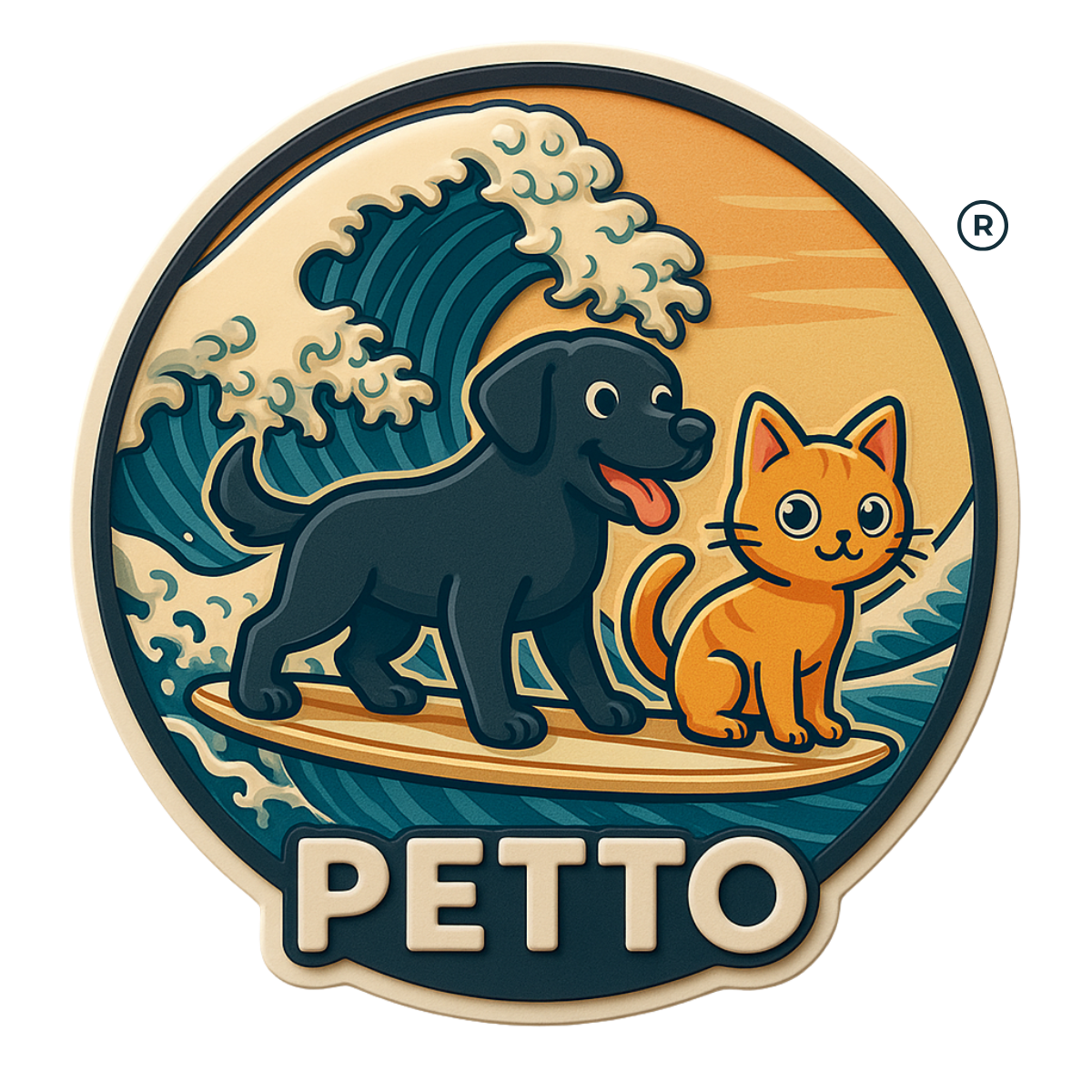




























































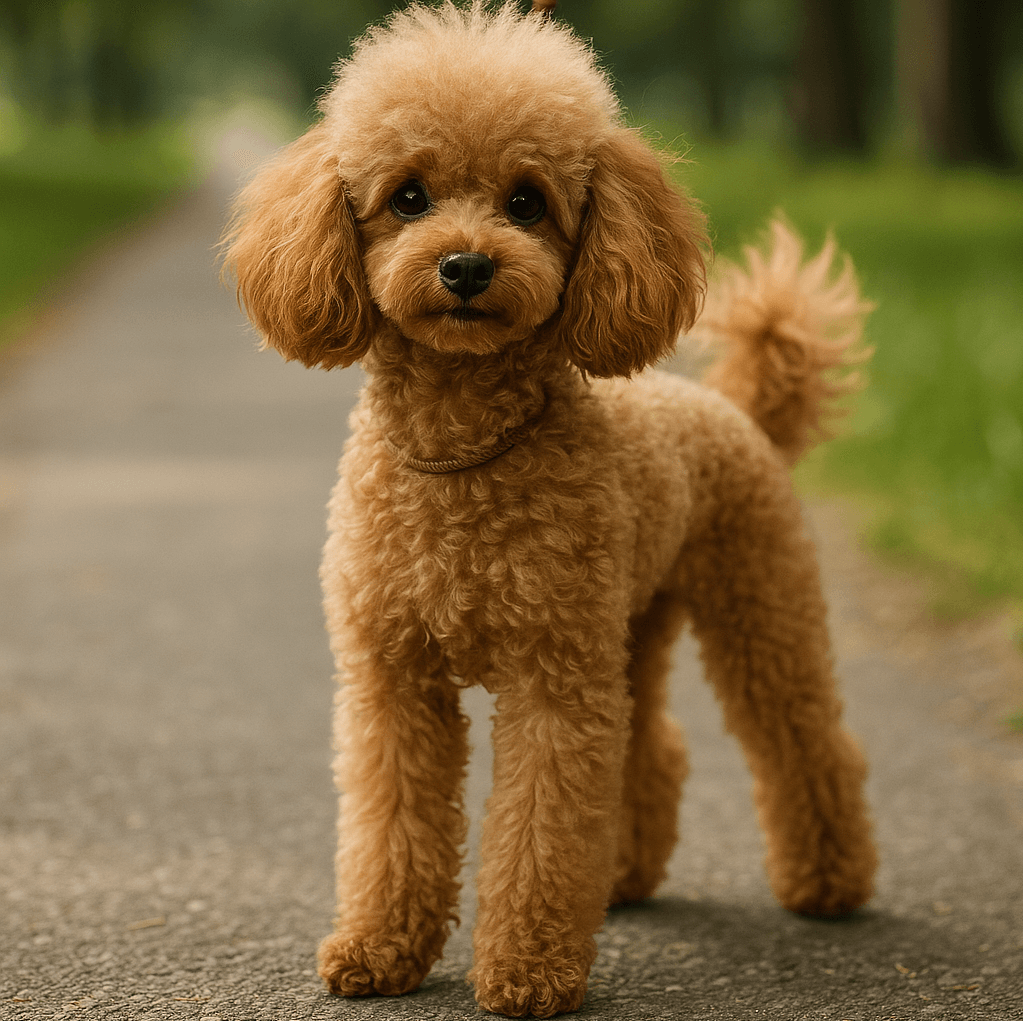
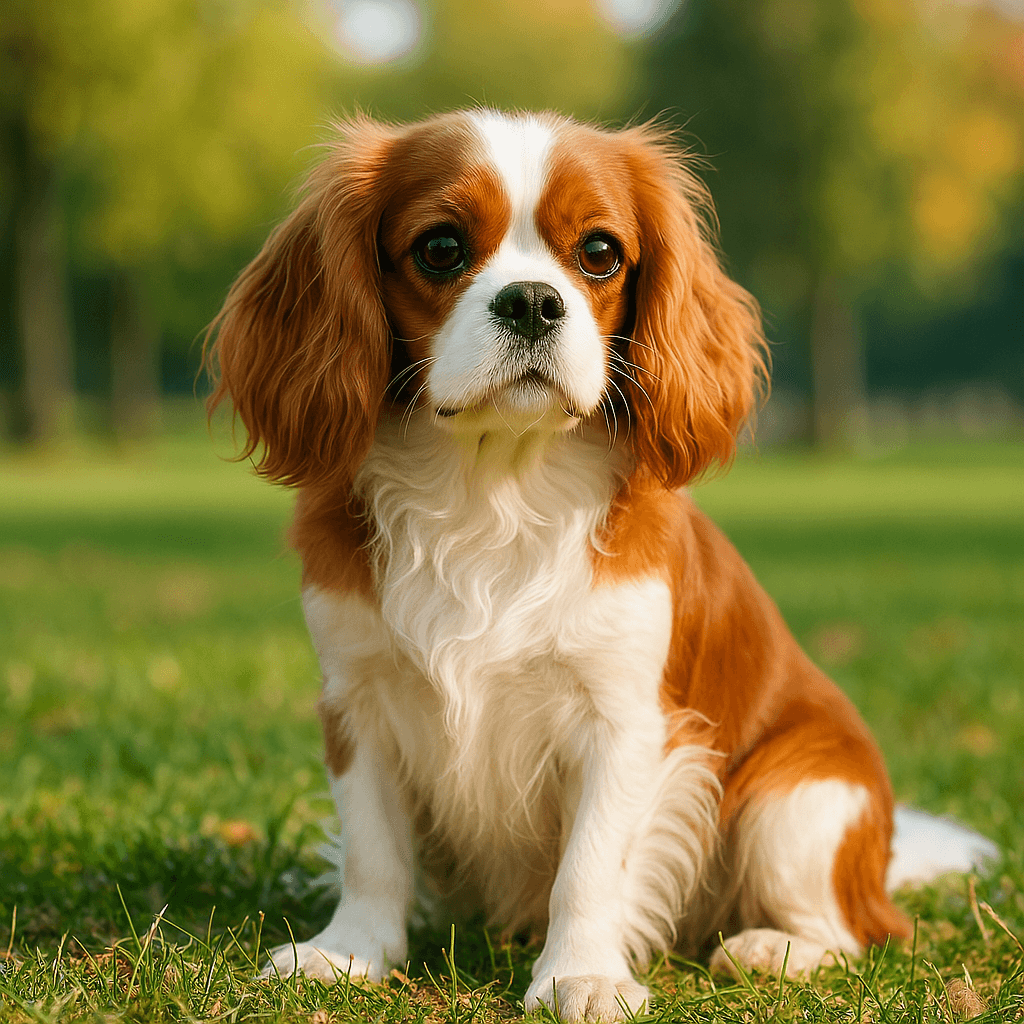
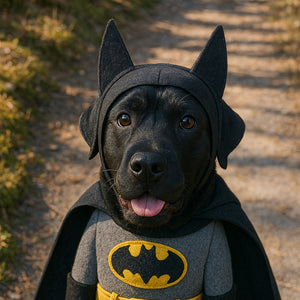
 https://petto.com.pl
https://petto.com.pl